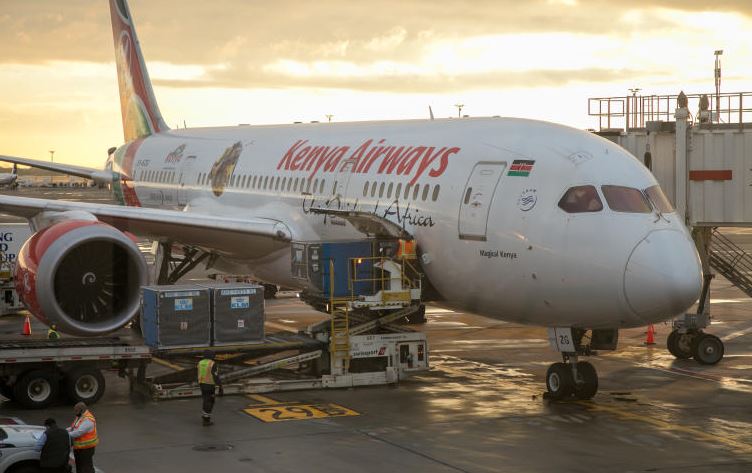×
The Standard e-Paper
Kenya’s Boldest Voice

President Uhuru Kenyatta’s plan to secure the loss-making Kenya Airways through a proposed legislation in the National Assembly is already facing opposition from sector players.